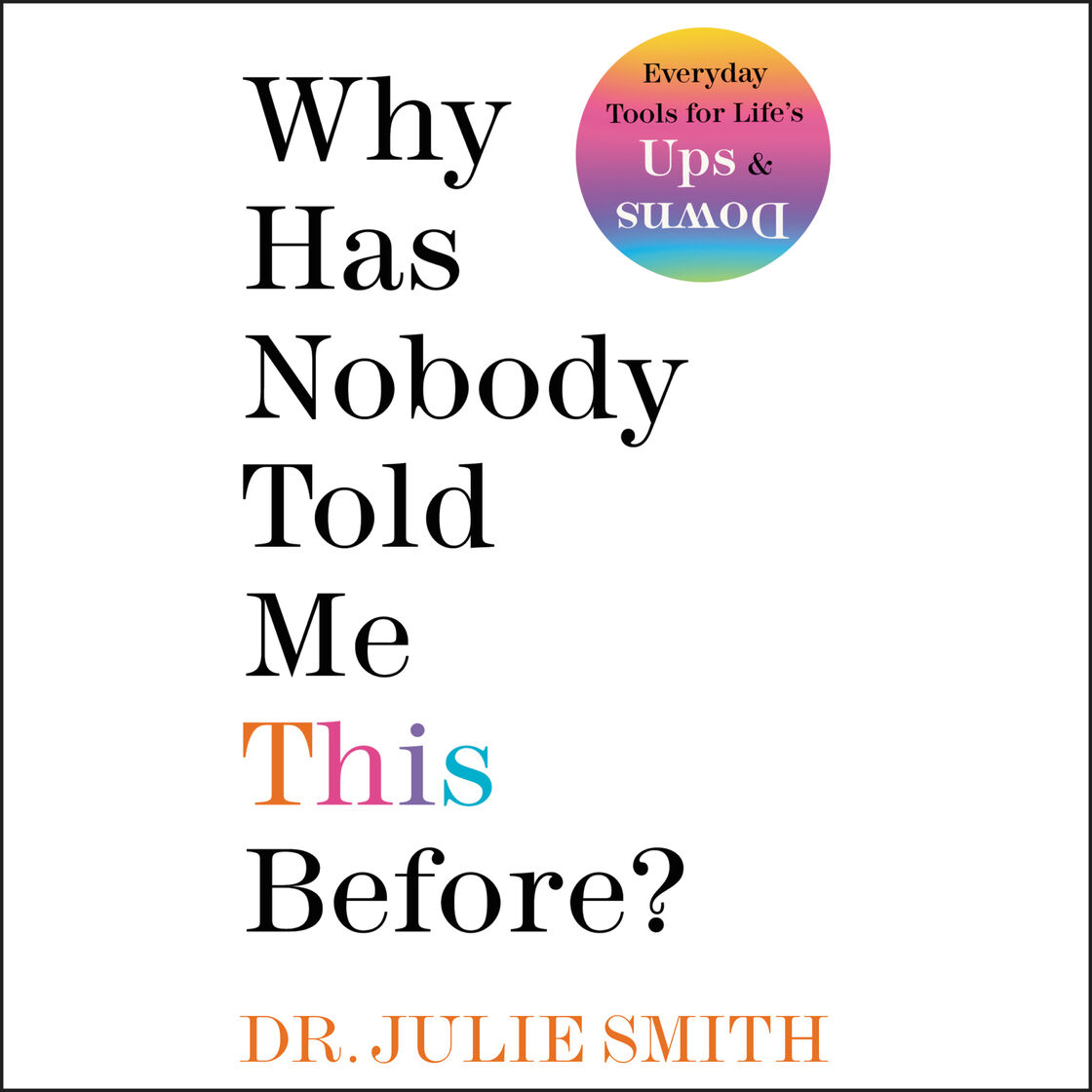Imagine a world where your body speaks to you, not with words, but with a symphony of subtle sensations. A tight knot in your stomach, a persistent headache, a weariness that washes over you even after a good night’s sleep. These aren’t just random misfortunes; they’re your body’s way of saying “no,” a whisper evolving into a roar if you don’t pay attention. This is the power of the body’s wisdom, often overlooked in our busy, goal-oriented lives.

Image: voxa.ro
This article delves into the fascinating world of “when the body says no.” We’ll explore the various ways our bodies signal distress, understand the underlying causes, and, most importantly, learn how to respond with empathy and action. The journey to a healthier, happier life begins with recognizing, respecting, and responding to these subtle messages, effectively silencing the “no” and replacing it with a resounding “yes” to a life of vitality.
Understanding the Language of Your Body
Our bodies are incredibly complex systems, designed with a remarkable ability to adapt and maintain homeostasis. But this intricate balance can be disrupted by various stressors, triggering a cascade of responses designed to protect us. These responses often manifest as physical symptoms, signaling that something is amiss.
Think of your body like a car. A dashboard with warning lights alerts you to problems like low oil, tire pressure, or engine overheating. These signals are essential to prevent further damage. Similarly, your body uses physical symptoms to signal its needs, alerting you to potential imbalances or stressors that, if ignored, could lead to more serious health issues.
A Symphony of Signals
The body’s language is diverse, employing a multitude of signals to convey its message. These signals can be subtle or dramatic, depending on the underlying cause and severity.
Here are some common ways your body says “no”:
- Fatigue and Low Energy: This is a universal signal, indicating a lack of resources or an inability to cope with stress. It can stem from inadequate sleep, poor nutrition, overwork, or underlying medical conditions.
- Muscle Tension and Pain: Muscles tighten up as a protective mechanism, but chronic tension can be a sign of stress, anxiety, or overuse.
- Digestive Issues: The digestive system is sensitive to stress and often reacts with symptoms like nausea, bloating, constipation, or diarrhea.
- Headaches and Migraines: These can be triggered by various factors, from dehydration and caffeine withdrawal to stress and hormonal fluctuations.
- Skin Problems: Breakouts, rashes, and eczema are often linked to stress, hormone imbalances, and dietary sensitivities.
- Insomnia: Difficulty falling asleep or staying asleep can be a sign of stress, anxiety, or poor sleep hygiene.
- Mood Swings and Irritability: Extreme shifts in mood and increased irritability can be indicative of stress, hormonal fluctuations, or underlying mental health conditions.
The Root of the Problem
Understanding the “why” behind your body’s “no” is crucial for addressing the issue effectively. While these signals can be triggered by external factors like stress and sleep deprivation, they can also be manifestations of underlying medical conditions.
- Stress: Modern life is teeming with stressors, and our bodies are constantly adapting to them. Chronic stress can take a toll on our physical and mental health, leading to a myriad of symptoms.
- Lack of Sleep: Sleep is essential for physical and mental restoration. Chronic sleep deprivation can compromise our immune system, increase stress hormone levels, and impair cognitive function.
- Poor Diet: The foods we consume directly impact our body’s ability to function optimally. A diet lacking in essential nutrients can lead to fatigue, digestive issues, and even chronic diseases.
- Lack of Exercise: Regular physical activity is vital for maintaining a healthy weight, boosting mood, and improving cardiovascular health. Sedentary lifestyles can contribute to various health problems.
- Underlying Medical Conditions: Sometimes, physical symptoms are indicative of an underlying medical condition that requires attention from a healthcare professional. These conditions can be anything from allergies and autoimmune diseases to thyroid imbalances and chronic pain syndromes.

Image: theselfhelpwhisperer.com
Honoring the “No” and Taking Action
Once you’ve identified your body’s “no,” it’s time to take action. This might involve a combination of strategies, tailored to your individual needs and circumstances.
- Mindfulness and Self-Reflection: Pay attention to your body’s signals, noting any patterns or triggers. Journaling can be helpful in documenting your experiences and identifying potential causes.
- Stress Management: Explore stress-reducing strategies like deep breathing exercises, meditation, yoga, nature walks, or spending time with loved ones.
- Prioritize Sleep: Aim for 7-9 hours of quality sleep each night. Establish a consistent sleep routine, create a relaxing bedtime ritual, and optimize your sleep environment.
- Nourish Your Body: Focus on a balanced diet rich in fruits, vegetables, whole grains, and lean protein. Hydrate adequately throughout the day.
- Move Your Body: Engage in regular physical activity that you enjoy, whether it’s walking, swimming, dancing, or team sports.
- Seek Professional Guidance: If your symptoms are persistent, severe, or accompanied by other worrisome signs, don’t hesitate to consult a healthcare professional. They can help identify the root cause and recommend appropriate treatment options.
When The Body Says No Pdf
The Power of “Yes”
When you learn to listen to your body and respond to its cues, you’re empowering yourself to create a life filled with vitality and well-being. By silencing the “no” and replacing it with a resounding “yes” to your health, you’re setting the stage for a future where you thrive, not just survive.
This journey of self-discovery and self-healing doesn’t have to be a solitary one. Share your experiences, connect with others who have faced similar challenges, and advocate for your health by sharing your story with friends, family, and healthcare professionals. Together, we can foster a culture of mindful living, where the body’s wisdom is respected and embraced, leading us to a healthier, happier journey.






